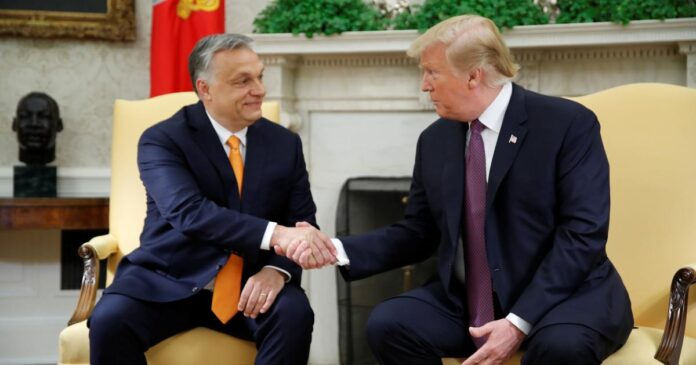Authors: Alexander Cooley and Daniel H. Nexon
Affiliation: Harriman Institute at Columbia University, Walsh School of Foreign Service at Georgetown University
Organization/Publisher: Foreign Affairs
Date/Place: January/February 2022/USA
Type of Literature: Analysis
Word Count: 5637
Link: https://fam.ag/35YdN5M
Keywords: Liberalism, Illiberalism, Liberal, US, Biden, Russia, China, Neoliberalism, and Trump
Brief:
Freedom House reported 2005 as the last year with a net-positive global democratic change, highlighting a rising illiberal order since then. In addressing that, the article points out two threats to the liberal order: the structural crisis of the liberal order coming out of the Cold War, and different illiberal forces. First, the article uses the term “asymmetrical openness” which refers to a fundamental aspect of the liberal order, namely openness. While the neoliberal promise did result in greater economic prosperity, better human rights, higher rates of democratization built on the foundations of technological advancements and a US-led international order, the same institutions have been used by illiberal forces to grow stronger. Illiberal forces were able to deftly navigate the liberal order to access its benefits without changing their politics. Countries like Russia and China have been able to further their interests, while curbing the global effects in their domestic politics. This has manifested in many aspects: using technology to exert greater surveillance domestically and abroad, hiring Western PR firms, lobbying groups and think tanks to undermine Western democracies, utilizing social media to polish their image and history, supporting media outlets to promote their narrative, and exerting influence over international organizations such as the WTO. The article highlights another aspect of the liberal crisis in the form of a strong pushback against certain liberal policies. Those include LGBTQ rights, gender equality, immigrant rights, and anti-corruption efforts. Illiberal actors use those in the context of wedging politics, where they rally the public to gain more influence and support in the wake of liberal progress. Some of the liberal ideals, such as universal human rights, are vulnerable to tradeoffs, inconsistency, and contention. The article then speaks of a global reactionary movement that has included forces like Hungary’s Viktor Orbán, Poland’s right-wing populist Law and Justice Party, and the US’s Right that have converged over sentiments such as traditional values, strong nationalism, and cultural wars. The authors suggest that Biden should learn from Obama’s mistakes and try to intervene in domestic politics in favor of liberal forces, as opposed to Trump’s who supported far-right forces in Europe. The article stresses the need for change for the liberal order, even if that involves using non-liberal methods (like Trump’s pressure on US allies to reject China 5G technology, which succeeded), begging the question, the liberal order is bound to change but on whose terms?
By: Hamza Emir, CIGA Research Assistant




